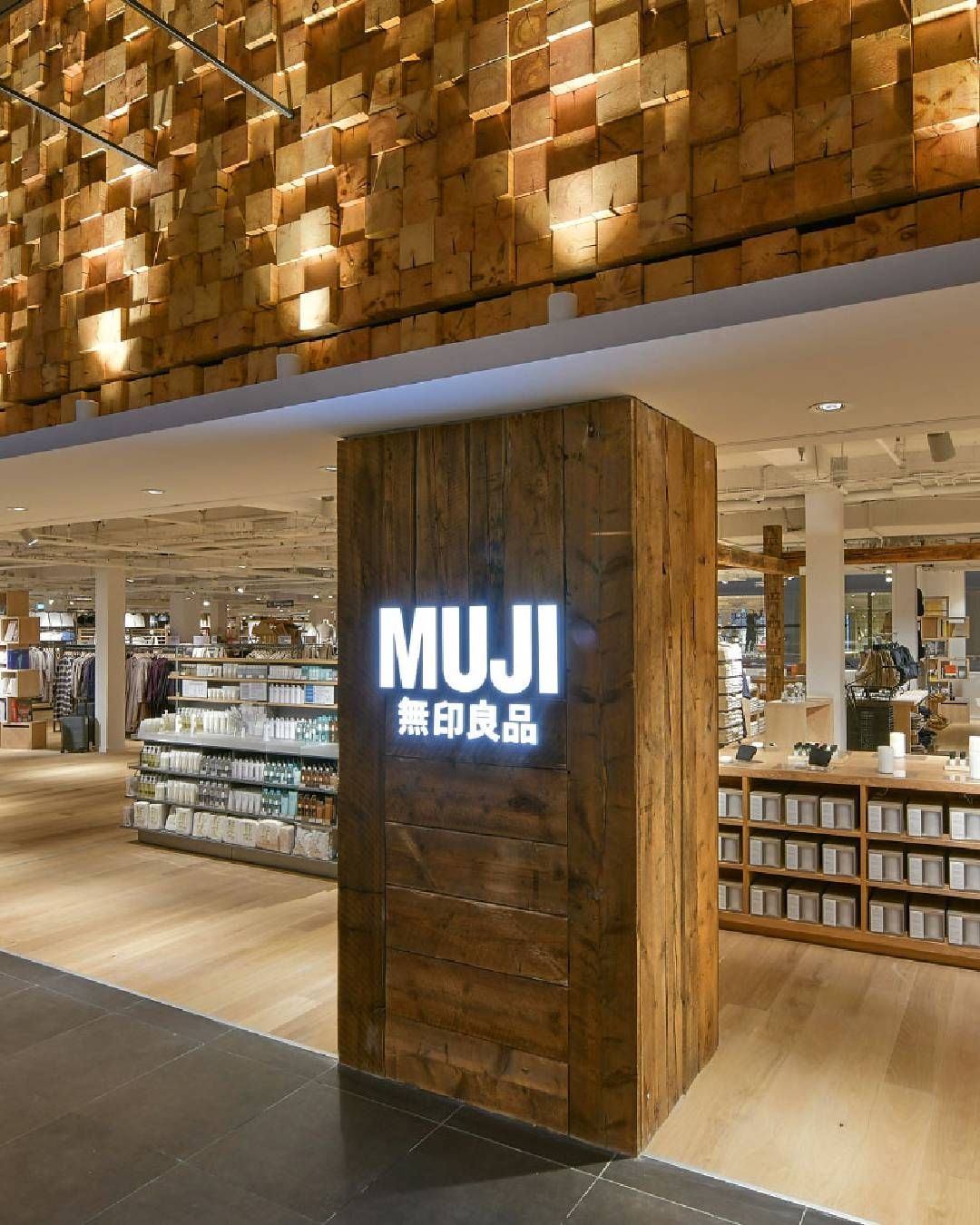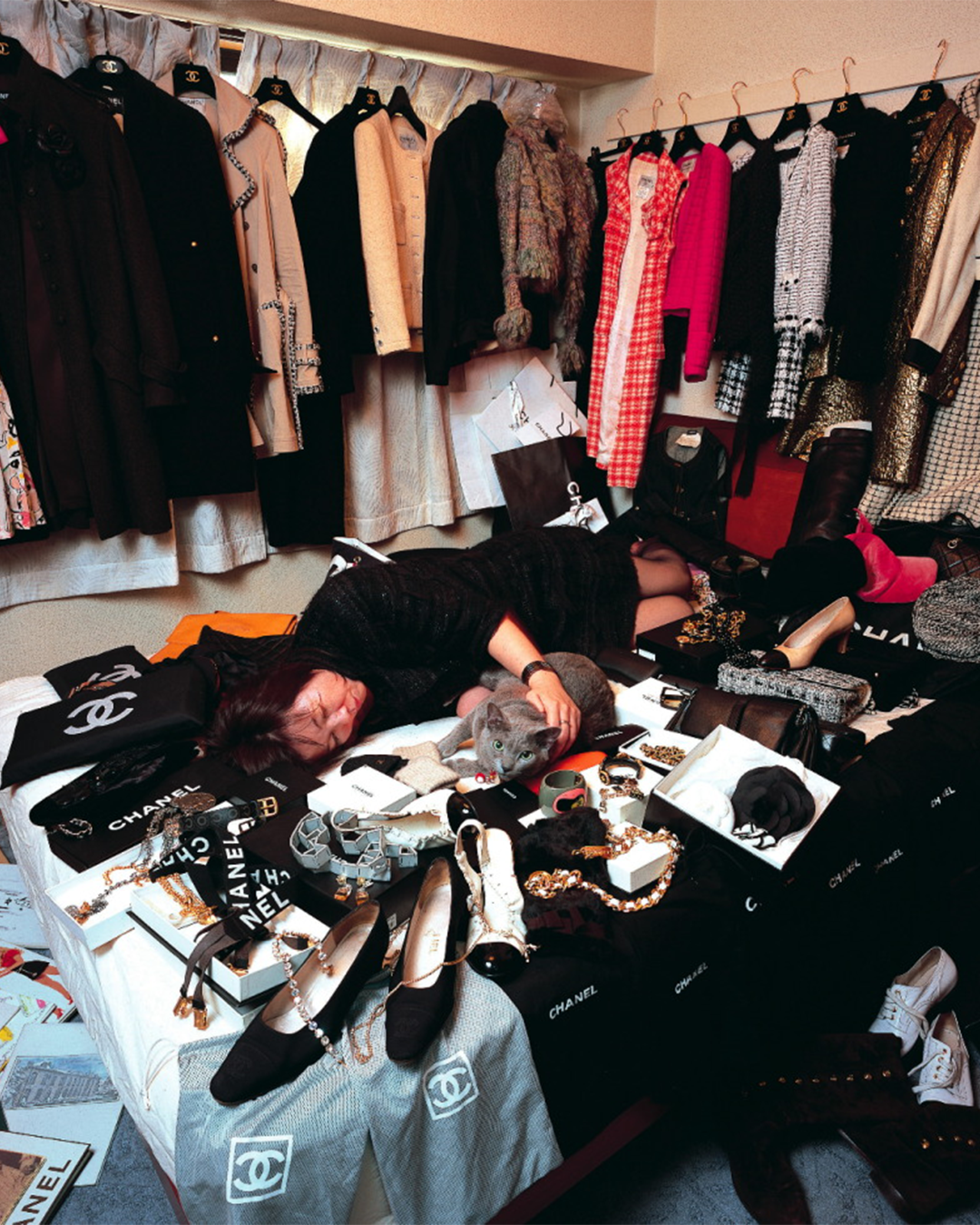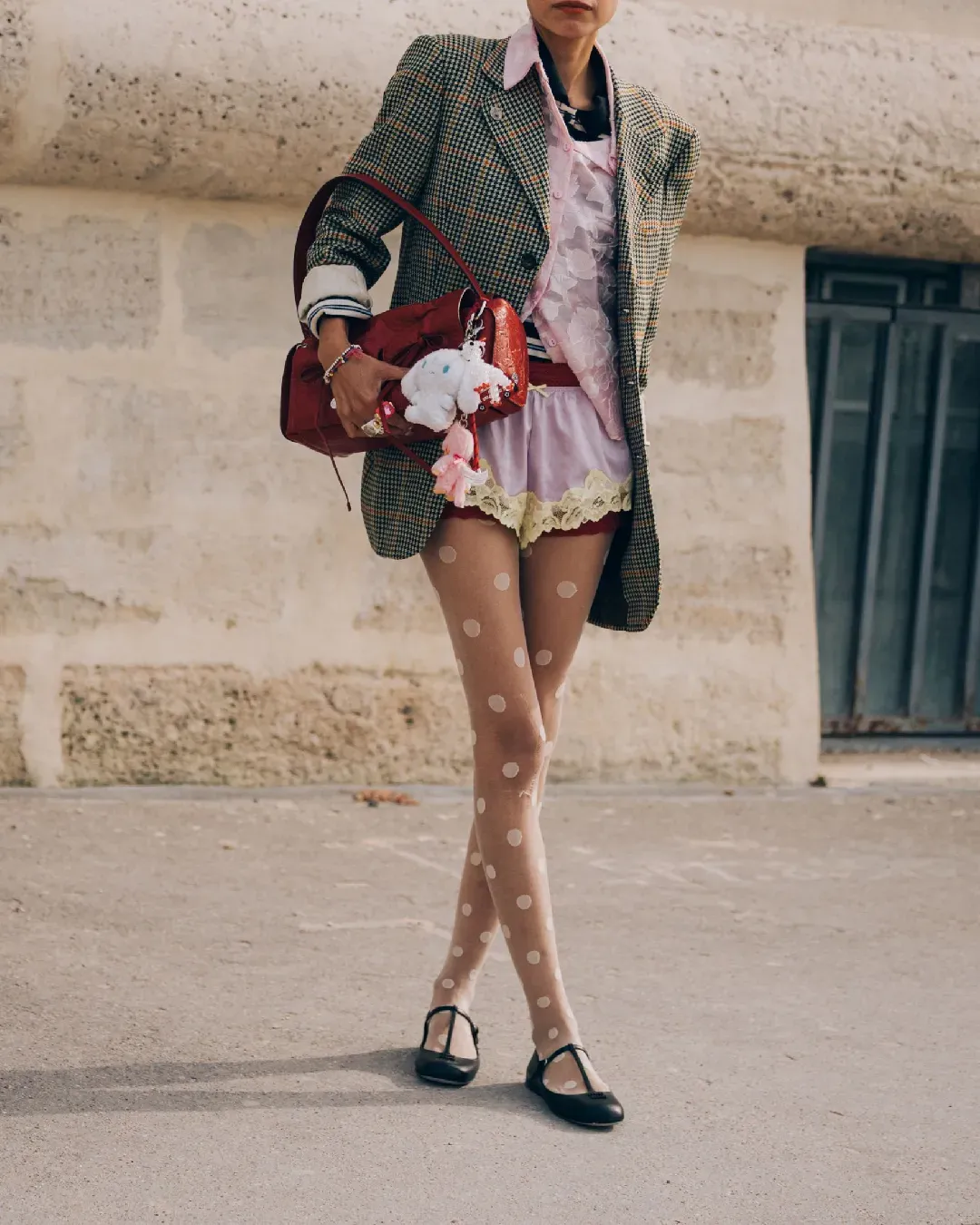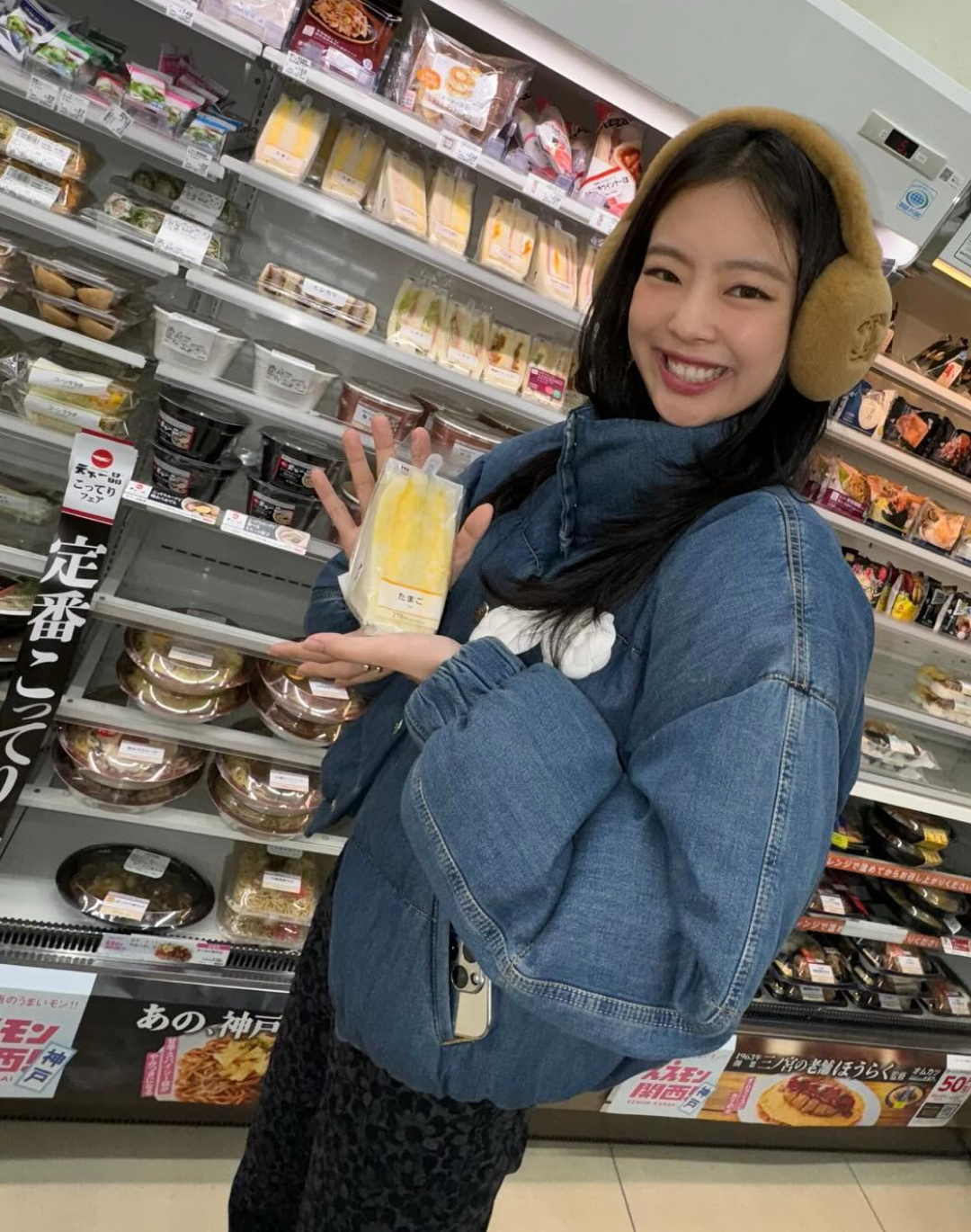
We should talk about Muji But it's the brand that doesn't want to be the centre of attention
This year, the trend of trinkets – knick-knacks, as grandmothers might call them – has exploded. It's a phenomenon of collecting adorable but useless objects to keep at home and post on TikTok. Since these are plastic gadgets that will only be trendy for a short time, the hobby, through the activation of a vicious unbox-and-discover cycle, fuels rampant purchasing, waste, and pollution. While social media spaces are abuzz with rosy-cheeked figurines, Muji’s popularity inexplicably grows, the store that doesn’t sell what you want but what you need. On the one hand, it may seem complex to explain how a minimalist brand, based on the concept of a “sufficiently good” product, has won over Western consumers; on the other hand, stepping into a Muji store feels a bit like meditating. Unless it’s the weekend and the store is overflowing with people.
@chiwm1 I love Mujititle="mujihaul" target="_blank" href="https://www.tiktok.com/tag/mujihaul?refer=embed">#MujiHaul #muji #dailyvlog #fyp #Stationary #backtoschool original sound
The most interesting aspect of Muji’s success is that it’s a mega-brand without a brand. There are no logos on its products, it doesn’t reveal its designers’ names, and it doesn’t use like-bait marketing techniques for advertising. The real strength of the store is its impersonality, centered on the philosophy of “sufficiently good”: “The items in Muji stores are neither pretentious nor the result of fleeting trends,” reads the brand’s website. “They reflect their function and the place they will occupy in the home over time. The products don’t aim to draw attention to themselves but to be useful when needed.” In short, the brand enters people’s homes because it’s useful, and that’s why it stays there. Even the company’s name reflects this approach: in Japanese, Mujirushi Ryohin (無印良品) means “quality products without a brand.” Quality materials, waste reduction, and simple design are all it takes for the store to attract consumers, though it also boasts a phenomenal selection of snacks, from viral ice cream mochi to chocolate-covered strawberries, as well as ready-to-eat curries and soups.
Ginza shopping adventure day:
— Tokyo Slim (@Tokyo2Slim) August 25, 2022
Muji flagship store pic.twitter.com/eh7IPX5v9G
Despite being born in the 1980s and starting its expansion in the early 2000s, two periods when maximalism, shocking pink, glitter, and frenzied shopping had replaced the green naturalness of the '70s and the black-and-white minimalism of the '90s, the brand has experienced continuous year-on-year growth, achieving a 119.2% sales increase in November 2023 compared to November 2022. Unlike flip phones and logomania, which have disappeared, Muji has managed to sell the concept of anti-shopping. It’s a bit like Marie Kondo, who monetized the practice of tidying up.
@andyyyen they need a muji hotel in every city #mujihotel #mujihotelginza #muji #japan #japantravel Shameful Game - Pale Jay
After successfully boosting sales even in non-minimalist countries like the United Kingdom and carving out a market niche against its compatriot giant Uniqlo, Muji aims to expand even further. Ryohin Keikaku, the brand’s parent company, is targeting 880 billion yen in revenue by 2027 (approximately 5.4 billion euros), a 33% growth in three years. Part of the strategy involves investing in stores worldwide, while in Ginza, home to one of the brand’s largest stores, they are aiming high. Opened in 2019 for the Tokyo 2020 Olympics, it’s described by the Financial Times as a true “theme park” for those wanting a full Japanese minimalism experience. Spread over seven floors, it features a specialty coffee shop entirely designed in wood, a patisserie, spaces for art exhibitions and installations, and even the first Muji Hotel. The offerings now include furniture (also made of wood) and slightly more whimsical but still useful home accessories, like wine decanters. In short, there’s something for everyone, and it’s all “sufficiently good”; there are no logos, but everything is instantly recognizable; the designers behind the most popular products aren’t revealed, yet some of them (says President Ma Kei Suzuki in an interview with Elle Decor) are world-famous. The reason we don’t talk enough about Muji may be that the brand itself doesn’t want us to: they only want us to find something we need.















































